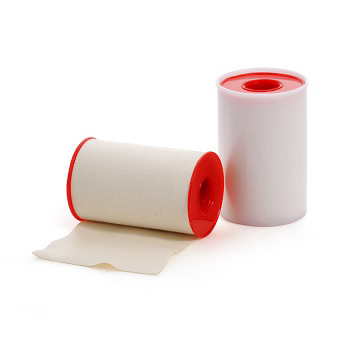Wound care products refer to a range of medical supplies and materials that are used in the treatment and management of various types of wounds. These products are designed to promote wound healing, prevent infection, and provide a suitable environment for optimal recovery.
Wound care products can be broadly categorized into several types:
Dressings: Dressings are used to cover and protect the wound, creating a barrier against contaminants while promoting healing. There are different types of dressings, including adhesive bandages, gauze dressings, hydrocolloid dressings, foam dressings, and transparent film dressings.

Topical agents: These are products applied directly to the wound to support healing. Examples include antiseptic solutions or ointments to cleanse the wound, antimicrobial creams or ointments to prevent infection, and wound healing ointments or gels to promote tissue regeneration.
Wound closure devices: These devices are used to hold wound edges together, promoting proper healing and reducing scarring. They include sutures (stitches), staples, adhesive strips, and tissue adhesives.
Compression therapy: Compression products, such as bandages or stockings, are used to apply pressure to wounds or underlying tissues. They help control swelling, promote blood circulation, and assist in managing conditions like venous leg ulcers or lymphedema.
Negative pressure wound therapy (NPWT): NPWT involves the use of a specialized dressing and vacuum-assisted closure to promote wound healing. It applies negative pressure to the wound, removing excess fluid, promoting blood flow, and stimulating the growth of new tissue.
Debridement products: Debridement refers to the removal of dead or contaminated tissue from a wound. Debridement products may include enzymatic agents, dressings with debriding properties, or surgical instruments used by healthcare professionals.
Advanced wound care products: These products incorporate innovative technologies or materials to enhance wound healing. Examples include bioactive dressings, skin substitutes, growth factors, and cellular or tissue-based products.
It’s important to note that the choice of wound care products depends on various factors, including the type, size, and severity of the wound, as well as the individual patient’s condition and medical history. Healthcare professionals typically assess and determine the appropriate wound care regimen based on these factors.




